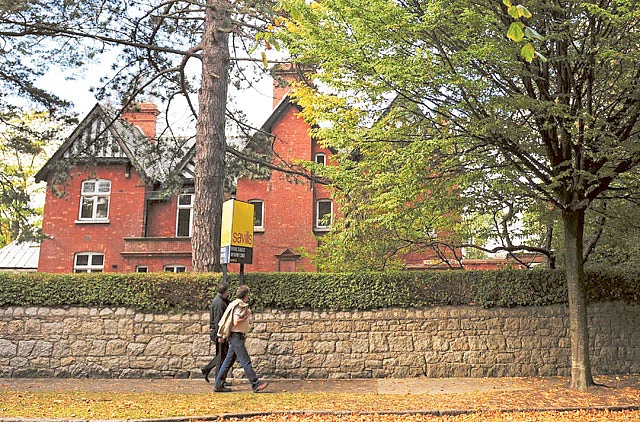Dublin:Irish property prices may not return to peak levels reached during the Celtic Tiger boom for 22 years following one of the worst financial crises since the Great Depression, the Central Bank of Ireland has warned.
In a report comparing financial crises in Sweden, Finland, Norway, Japan and Ireland during the past 25 years, the bank forecasts Ireland’s economic recovery will be the slowest of all due to Dublin’s reliance on external trade and its inability to devalue its currency.
“The scale of the global recession and the synchronised contraction in output across a number of advanced economies may be a key differentiating factor between the resolution of the Irish episode and the Nordic example,” says the Central Bank staff report.
The downbeat forecast for the economy and property prices raise questions over Dublin’s ability to control its growing debt pile and recoup billions of euros spent clearing toxic property loans from the main Irish banks.
Dublin returned to growth in 2011 for the first time since 2007 after its property crash and banking crisis led to an EU and IMF bailout in November 2010.
But the eurozone debt crisis now threatens its export-led recovery, making it more difficult for Dublin to meet budget deficit targets in its programme and control its debt, which on a gross basis is forecast to peak close to 120 per cent of GDP in 2013.
The Central Bank report shows recovery in gross domestic product in Ireland since the crisis struck in 2008 has been slower than in the four other countries studied. It says it could be another two or three years before Irish GDP returns to its 2007 peak with unemployment still at an elevated level of 14.8 per cent.
The bank forecasts that from the date at which prices started falling in 2007 it could take between 11 and 22 years for property prices in Ireland to recover to peak levels during the Celtic Tiger property boom. In Finland, the report notes, it took 22 years for prices to return to their pre-crisis peak.
Residential and commercial property prices in Ireland have fallen peak to trough by 46.9 per cent and 70.5 per cent respectively in Ireland, which is more than in any of the other countries studied, the report showed.
Commentators remain divided on whether prices are still falling, with recent surveys showing some stabilisation in property prices over the past three months.
A slow recovery in property prices would raise questions over the ability of Ireland’s National Asset Management Agency - the “bad bank” set up to take over the banks’ toxic property loans - to turn a profit on the loans it now controls.
Nama paid 31 billion euros to acquire almost 75 billion euros in property loans held by the main Irish banks at an average discount of 58 per cent. The agency, which is now one of the biggest property companies in the world, hopes to turn a profit by selling the loans or properties linked to the loans over a period of 10 years. But it faces an uphill task unless property prices in Ireland stop falling and recover.
CREDIT: The Financial Times
Sign up for the Daily Briefing
Get the latest news and updates straight to your inbox
Network Links
GN StoreDownload our app
© Al Nisr Publishing LLC 2026. All rights reserved.
